26.05.2016 – Brussels. Today, Farm Europe hosted a reflection group on the situation of the global milk market, gathering key players and high representatives on both EU and global milk markets.
The milk crisis is entering its second consecutive year, with no hope of a recovery in the short term.
Farms are disappearing daily. If nothing is done, no less than 20% of Europe’s dairy farms and tens of thousands of dependent jobs will be wiped off the map, or will be moved to areas where dairy production is already highly concentrated.
Yet, despite climate change and growing concerns about the environment, animal welfare, or the vitality of rural areas, a balanced distribution of dairy production across the whole EU remains as much a priority today as it has always been.
The Commission is the only institution that is able to represent the collective interest – by making full use of its exclusive power to propose.
Concrete EU solutions exist
An immediate, simple, and effective policy response to the crisis lies in the introduction of a truly European scheme aiming to rapidly return some stability to the dairy market.
This is feasible.
There are two possible solutions, the rules for which would need to be determined at the European scale:
- Option 1: Building on the Article 222. This option would introduce on the basis of Article 219 of the single CMO a European obligation to target any emergency aid that is unlocked, including schemes funded with European funds and schemes set up under the state aid regime. As a result, Public funds would be exclusively targeted at dairy producers who undertake to reduce their production (relative to their 2015 level) through: a technical adjustment in their herd management, a higher culling rate, or through abandoning dairy production altogether. It would be responsibility of member states to set appropriate levels of public support, commensurate with the amount and type of reduction implemented. This option would guarantee that no public funds in the EU are channelled to producers that are not reducing their production. In other words, it would avoid unfair competition between farmers fuelled by public money. It would be necessary to set a clear reduction objective at EU level as a minimum reduction target.
- Option 2: The organisation of a European “call for tender” via additional EU funds to encourage dairy farmers to voluntarily reduce their production volumes, and which would be open to all European producers. The latter would undertake to reduce their deliveries to dairies by a set amount relative to 2015 and for a temporary period of 6 months, receiving a sufficiently appealing rate of compensation in return. This would be a truly EU scheme, managed and financed directly by the European Commission with a clear reduction target. More than 2 billions of litters could be withdrawn from the market with less than €500 million. This option would provide higher visibility on the quantities withdrawn from the market than option 1.
Such measures – either option 1 or 2 – would be beneficial for employment across all Europe’s rural areas. They would offer far better value for money than a new and ineffective plan to distribute public money in a piecemeal way, which would be catastrophic for Europe’s image, both in the eyes of taxpayers and farmers.
This EU plan should be drawn up and announced before the summer, and implemented by the autumn.
The Commission possesses, today, all the financial and policymaking power that it requires to submit, without delay, a proposal in this area to Member States and to the European Parliament under the Single CMO Regulation.
The 2016 CAP budget can fund an ambitious and effective plan without recourse to the emergency fund.
In addition to this, the European Commission should also work on a coherent package of measures introducing EU mandatory systems, that identify the origin of the raw material, inform the consumer, and at the same time encouraging efforts made by EU producers to generate more added value.
It is also necessary to engage, in the very short term and with the EU support, in a structured response to current misleading campaigns against dairy products, underlining the importance of nutritional properties of milk products and their fundamental role in a balance diet
However, any solutions that continue to structurally maintain over-production should be excluded. As is the case with ‘public intervention’ which is not the relevant tool to cope with the current situation. These measures only serve to prop up over-production through an artificial public buyer. A fresh increase in the intervention rate would not be helpful for the moment. It would only encourage the persistence of unsustainable levels of production, and would only further delay any recovery due to the massive levels of intervention stocks it would generate.


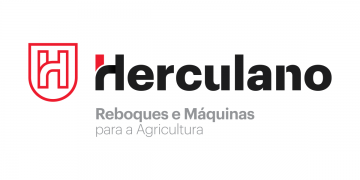
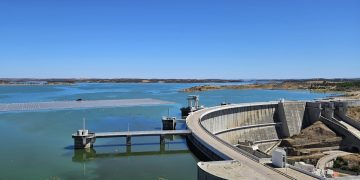

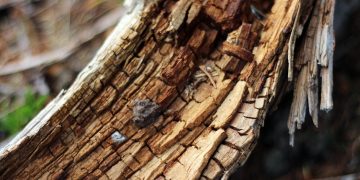

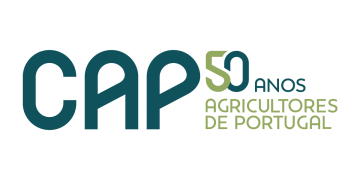













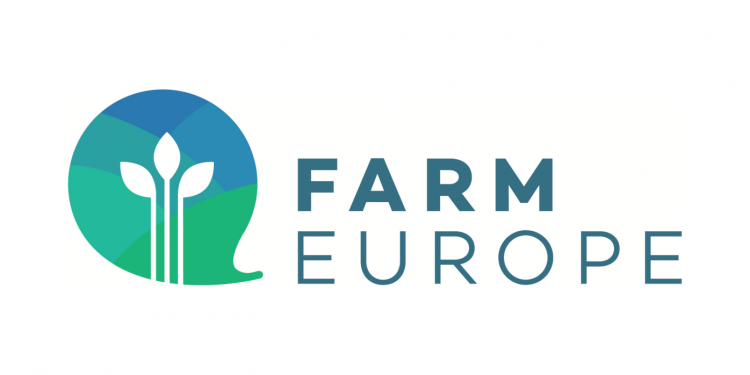

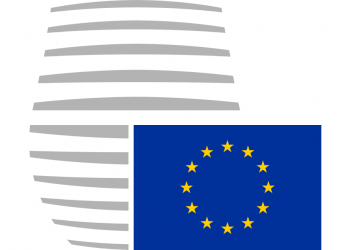
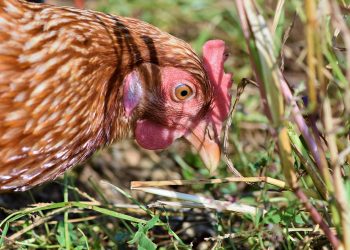
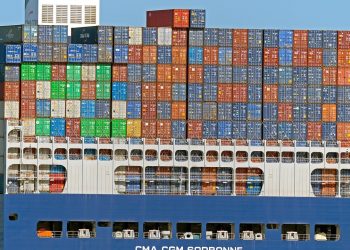




























Discussão sobre este post